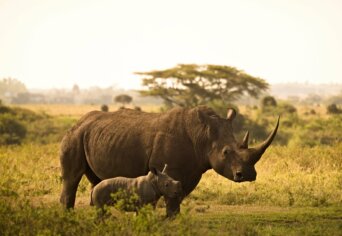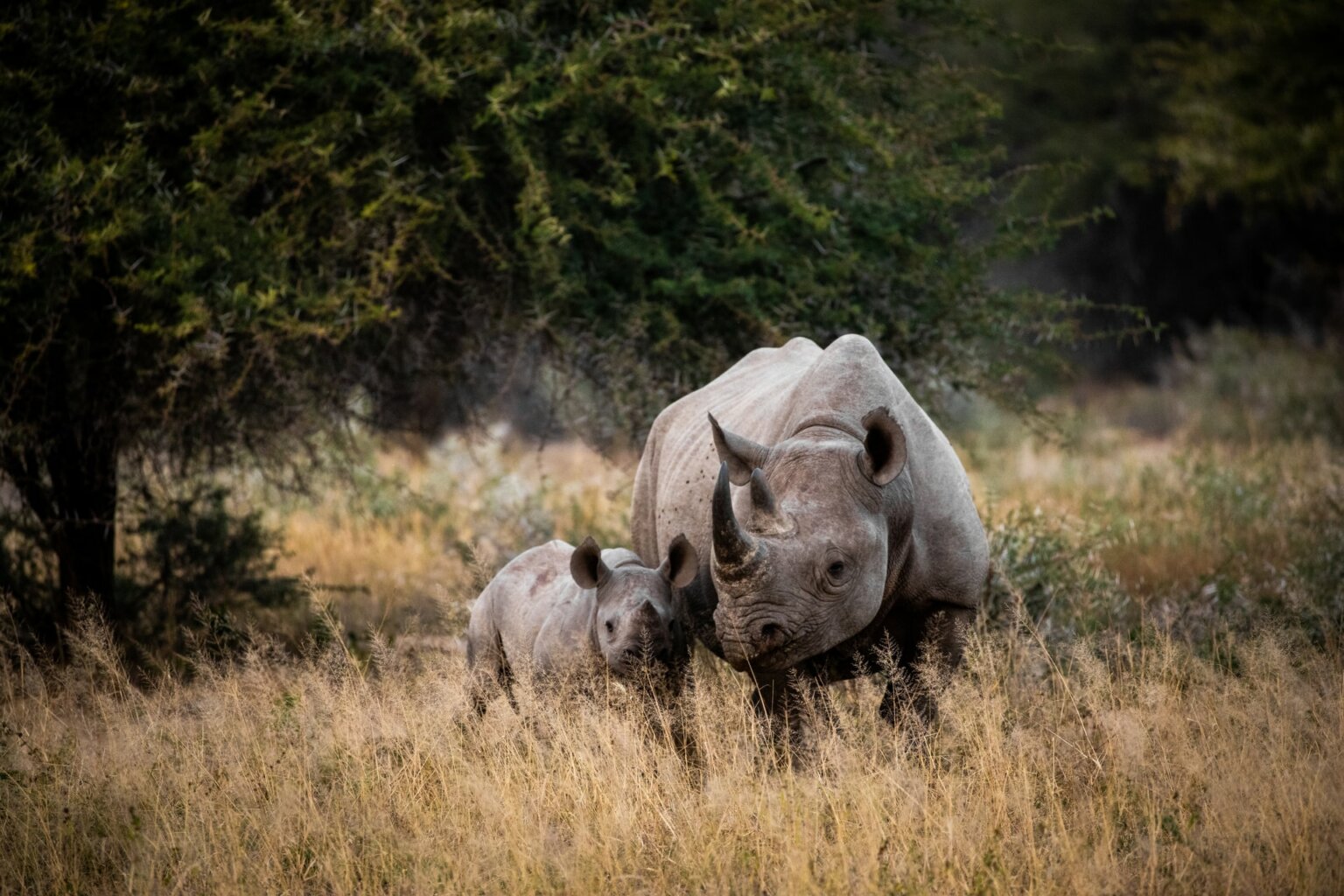- About
- Topics
- Story
- In-Depth
- Picks
- Opinion
- News
- Donate
- Signup for our newsletterOur Editors' Best Picks.Send
Read, Debate: Engage.
| topic: | Conservation |
|---|---|
| located: | South Africa |
| editor: | Bob Koigi |
While poaching, climate change and habitat loss have taken a large toll on rhino populations, governments, the private sector and conservationists have acted aggressively to save the species through initiatives that are finally paying off.
However, the world still has a long way to go to fully protect these species that are on the brink of extinction.
In South Africa, for example, where, 80 percent of the estimated 29,000 rhinos of the world live, spirited efforts by governments, park owners and conservationists have resulted in a drastic reduction in the number of poached rhinos and have kept poachers at bay.
Recent technological interventions, like blockchain, have given ordinary citizens and institutions a chance to adopt and become guardians of the endangered species through a digital public transaction ledger dubbed ‘ethereum’.
The population increase between 2007 and 2019 of four of the five living rhino species is credited to such efforts.
As we celebrate World Rhino Day - whose theme this year is "Keep the Five Alive" - wildlife activists have sounded the alarm on the Black, White, Greater One-horned, Sumatran and Javan Rhinoceros that they say continue to face existential threats as poachers devise sophisticated methods to game the system and as global warming interferes with their habitats.
World Rhino Day, now in its tenth year, offers the world a chance to pause and appreciate these amazing species, their significant role in our ecosystems, the numerous conservation developments that have taken place across the globe to save them from the brink of extinction and the gallant soldiers who have sacrificed so much to ensure the exotic animals’ safety.
It is also an invitation to spread awareness of the threats that these animals continually face and to unite the world in the effort to save the rhinoceros.
Image by Pete Ball

